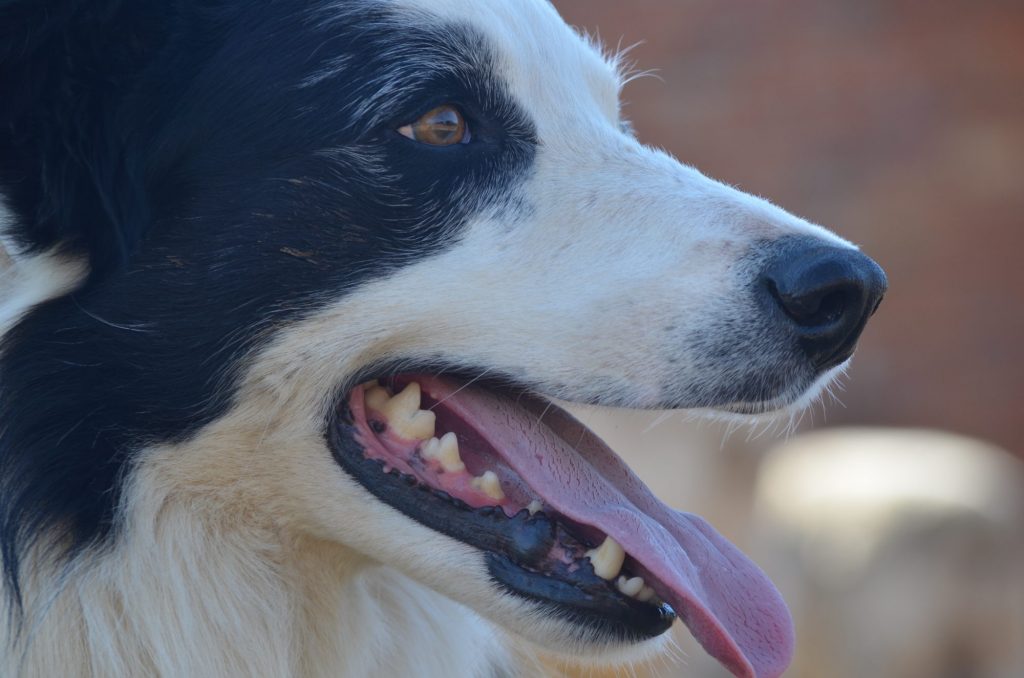Dental disease is the most common infectious disease in our pets. Over 80% of cats and dogs over the age of three require dental treatment by this young age. And hundreds of thousands of our pets are walking around suffering from disease – often without their owners being aware of a problem.
There are many products on the market ranging from pet toothpastes to dental chews, powders and even specialised dental food. Many of the popular dental chews are of questionable benefit but our dogs like them as they are high in calories. In fact, some dental chews contain the entire daily calorie allowance for a medium sized dog!
Brushing for health
Tooth brushing is the ‘gold standard’ in keeping our pets’ teeth clean and healthy, just as we brush our teeth daily. Imagine the state of our mouths if we didn’t brush our teeth regularly; the same is true for our pets. Plaque turns into tartar, a hard, yellow, calcified form of plaque which then provides a fruitful environment upon which more plaque can form. Tartar is hard to shift – it can usually only be removed by a vet under general anaesthesia.
However, brushing is not for everyone, so many owners prefer the use of products such as tooth gels applied directly to the teeth, dental diet food and, most recently, dental powders, which when added to food help soften plaque deposits. If used from a young age or after a scale and polish, these can prevent or at least delay the build up of plaque on the surface of the tooth.
For smaller animals such as guinea pigs and rabbits, dental exercise is key as their incisors are continually growing. Good quality hay should be fed as at least 90% of a rabbit’s daily allowance to keep teeth worn down… as well as to keep their digestive systems ticking along nicely!
Dental and general health
While dental disease is unpleasant, leading to bad breath caused by sulphur deposits on the teeth, pain, infection and perhaps loss of teeth, the effects are not confined to the mouth. Bacteria are spread via the bloodstream and can attack the kidneys, heart, liver – indeed the whole body. This is why pets often feel so much better after proper dental treatment – owners often reporting that they seem like a new dog or cat!
Sarah Probert
BVSc MRCVS
Bridgnorth Veterinary Centre






